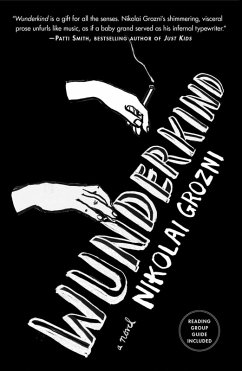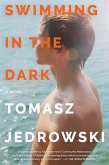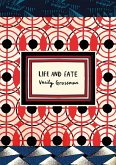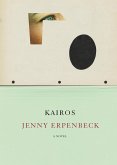Fifteen-year-old Konstantin is a brash, brilliant pianist of exceptional sensitivity, struggling toward adulthood in a society where honest expression often comes at a terrible cost. Confined to the Music School for most of each day and a good part of the night, Konstantin exults in his small rebellionssmoking, drinking, and mocking Party pomp and cant at every opportunity. Intelligent and arrogant, funny and despairing, compassionate and cruel, he is driven simultaneously by a desire to be the best and an almost irresistible urge to fail. His isolation, buttressed by the grim conventions of a loveless society, prevents him from getting close to the mercurial violin virtuoso Irina, but also from understanding himself.
Through it all, Konstantin plays the piano with inflamed passion: he is transported by unparalleled explorations of Chopin, Debussy, and Bach, even as he is cursed by his teachers' numbing efforts at mind control. Each challenging piano piece takes on a life of its own, engendering exquisite new revelations. A refuge from a reality Konstantin detests, the piano is also what tethers him to it. Yet if he can only truly master this grandest of instrumentsas well as his own self-destructive urgesit might just secure his passage out of this broken country.
Nikolai Groznihimself a native of Bulgaria and a world-class pianist in his youthsets this electrifying portrait of adolescent longing and anxiety against a backdrop of tumultuous, historic world events. Hypnotic and headlong, Wunderkind gives us a stunningly urgent, acutely observed, and wonderfully tragicomic glimpse behind the Iron Curtain at the very end of the Cold War, reminding us of the sometimes life-saving grace of great music.
Dieser Download kann aus rechtlichen Gründen nur mit Rechnungsadresse in A, B, BG, CY, CZ, D, DK, EW, E, FIN, F, GR, HR, H, I, LT, L, LR, M, NL, PL, P, R, S, SLO, SK ausgeliefert werden.









